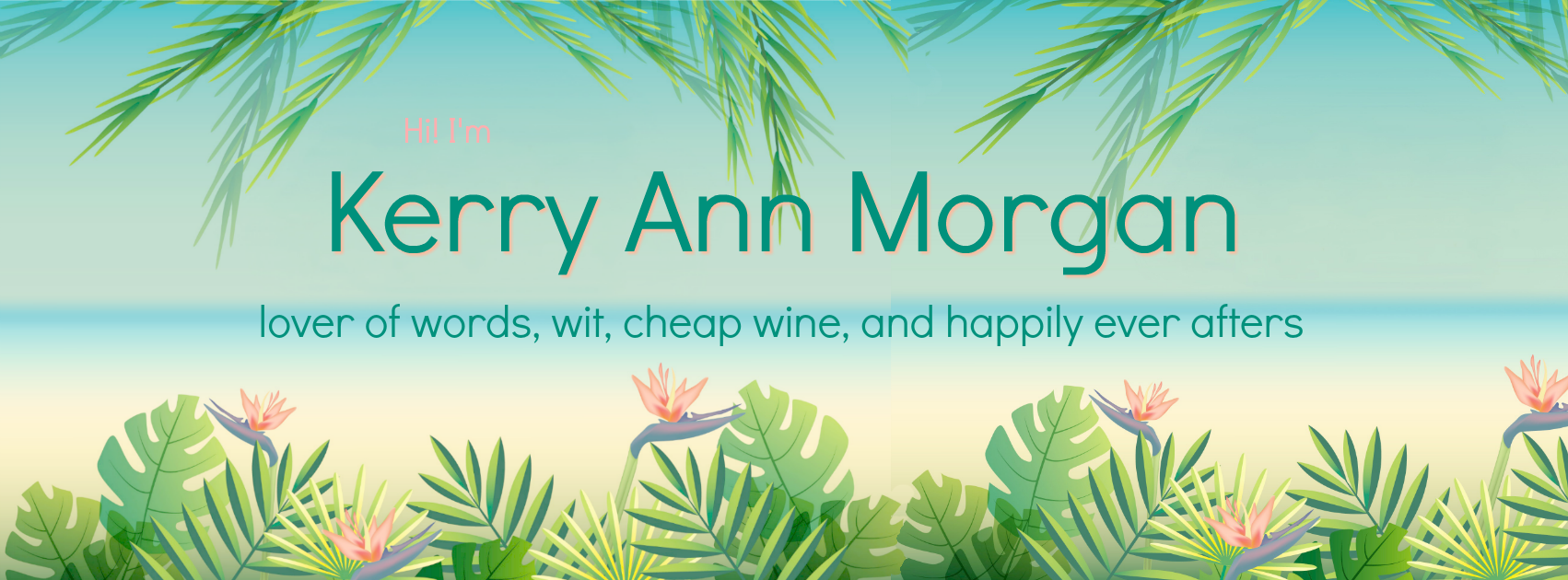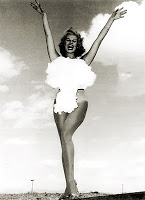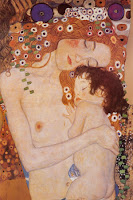 Imagine it is just another rough day in the mothering hood. Children are crying and wiping snotty noses on your shirt. The laundry pile is multiplying exponentially as one child had an accident and another spewed chocolate milk across the room and the white dog. You haven’t seen a television show without singing puppets, trains, or fairy princesses in years. Your nails are chipped, your legs unshaven, and your not quite sure when you last washed your hair. Each day is a struggle to find that precarious balance between family, daily responsibilities, job, and an occasional moment for yourself. Your life is full, yet you feel as if you lost a bit of yourself somewhere amidst the debris on the delivery room floor.
Imagine it is just another rough day in the mothering hood. Children are crying and wiping snotty noses on your shirt. The laundry pile is multiplying exponentially as one child had an accident and another spewed chocolate milk across the room and the white dog. You haven’t seen a television show without singing puppets, trains, or fairy princesses in years. Your nails are chipped, your legs unshaven, and your not quite sure when you last washed your hair. Each day is a struggle to find that precarious balance between family, daily responsibilities, job, and an occasional moment for yourself. Your life is full, yet you feel as if you lost a bit of yourself somewhere amidst the debris on the delivery room floor.
You may have dreams of escape…those moments when you imagine yourself lying serenely on a beach with a hunky cabana boy bringing you luscious umbrella drinks and there are no children in sight, or perhaps even ON your island oasis. You may even be lucky enough to enjoy weekends escapes or small vacations sans children every once in a while.
What if an amazing opportunity came up–your dream job–and you could reclaim some of your previous life and revive your career? The only caveat: you would have to live on the other side of the world from your children for months at a time. What if you did it? And while you were living as a single, childless professional you decided you liked it better than your real life of chaos back home. You realized maybe you never wanted this whole kids and family thing anyway.
Could you leave them all behind?
Author Rahna Reiko Rizzuto appeared on the Today Show this morning to promote her memoir Hiroshima in the Morning. Given an opportunity to write about the survivors of the nuclear bomb drop in Japan, she left her husband and two small children, ages 3 and 5, for six months to follow her career. While she was away she discovered she had never really wanted to be a mother and didn’t want her children or her husband anymore. When she returned home Rizzuto divorced her husband of 20 years and gave him custody of their small children. She spoke out about her struggle with her identity and her utter ambivalence towards her children and husband.
Ruzzuto now parents at her own leisure and sees her now teen children several times a week to play games and watch television shows together. The “heavy lifting” and day to day dreariness of parenting is left to their father. She says it works better for them, because now their relationship is based on “what we want to give, rather than our obligation to give and our assumptions of what we should get.” In a heavily debated Salon.com article she wrote, “I was afraid of being swallowed up, of being exhausted, of opening my eyes one day, 20 (or 30!) years after they were born, and realizing I had lost myself and my life was over.”
Men say things like this every day, and society generally does not think worse of them. Men can have a mid-life crisis and decide to leave their families because they are not fulfilled. They abandon their children completely for a job or another woman or to rediscover themselves or just slowly drift away into until their presence becomes unexpected and inconsequential. But they are fathers…
Why do we judge mothers on a different scale?
I cannot speak for all mothers. We are a diverse sisterhood, each with our own circumstances and backstory. But I can confidently say that having a child, whether by giving birth, adoption, or other means intrinsically changes you.
I know I would rather cut off my right arm than give up my child. I could be offered a million dollar multi-book deal and a villa in Tuscany and I would turn it down flat if it meant leaving my child permanently. There is nothing wrong with wanting more in your life than carpools and crappy diapers, but once you have made that decision to be a parent it IS your obligation to give unconditionally to that child and provide them with what they need. And yes, sometimes it’s inconvenient and hard and excruciatingly exhausting. It’s a part of the job. Get over it.
Motherhood isn’t always what we signed on for. It takes far more time, effort, compassion, and strength than I ever imagined I had to give. It means sacrifice and change. It also takes courage…and yes, some days that may mean the courage to keep giving when you feel as if you have drained yourself dry. It means having the courage to stay.
As my child grow more independent I struggle with my identity each and every day. But I know no matter how my life grows and I choose to define myself, I will always be a mother. It is a primal concept that Ruzzoto is to selfish to grasp.



I’m with you, there isn’t anything I could be offered that would part me from my son permanently or even for a long stretch of time. I never thought I’d be able to be a Mom and was resigned to the idea that maybe I wasn’t Mom material. I’m so glad I was shown wrong…even on the days when I wish for that island and cabana boy!
This was SUCH an interesting post! I’m dropping by as part of the She Writes Blog Hop and so glad I did. I know that it is unfair that we judge women by a different yard stick to the fathers who do the same thing. I think that rather than giving all parents a free pass to be all “Whatever man, this is my life” I think they should all be judged equally as harshly. I’m not a Mother yet and I can’t imagine the depths of commitment, patience and trial it must require and I too fear the losing myself to a couple of short people running around my house and previously carefree life but I fear more what I would miss if I gave in to this fear.
I completely agree with you that if you choose to have kids, you should really step up and take responsibility. Kids don’t choose birth, parents do. No child should be made to feel like they have ruined someone’s life. I know all too well how painful that can be.
I’m also here via the Blog Hop and am glad I caught this post! One thing this woman’s memoir and publicity efforts (and this post) does highlight that I think deserves much more attention: Why do men get the benefit of the doubt when they have mid-life crises, even those that lead them to abandon their families, while women are absolutely villified for even considering such a thing?
It is a tough one and I often feel torn between my children and my career. I have had to learn the art of compromise. At the end of the day, we are doing what we can.